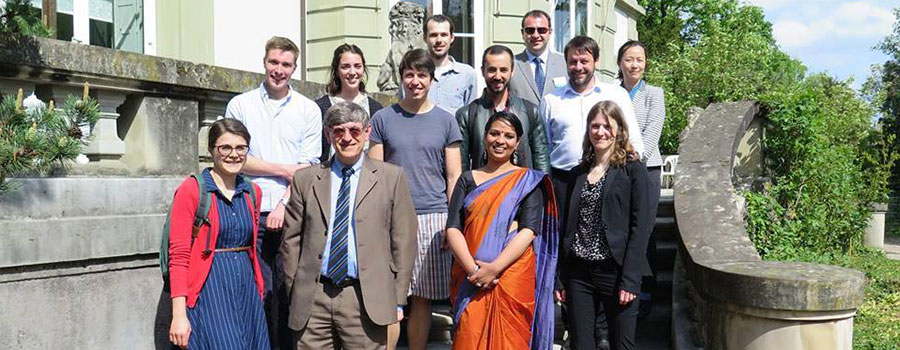The international relations of the modern world are undergoing a churning. Under President Donald Trump, the United States appears to be altering its established stances, building bridges with historic enemies, like North Korea, and growing colder towards historic allies, like the U.K. and the E.U. In this context, Europe is emerging more than ever as a key player in the geo-political arena. European attitudes to global issues like climate change and refugee-migration, as well as their internal and external relationships, have become increasingly vital to engage with.
Yet academia in India has been slow to take note of the changing scene in international relations. The field of European studies remains in limbo, with outdated and unrevised curriculums. However, a breakthrough of sorts was recently made, when Dr. Divya Balan, Assistant Professor of International Studies at FLAME University, became the first Indian Visiting Fellow at the Institute for European Global Studies (Europainstitut), in Basel.
The Europainstitut is a prestigious interdisciplinary research institute at the University of Basel, which is Switzerland's oldest University. Dr. Balan's fellowship was focused on the politics and economics of European Studies. While in Basel, she presented two papers, 'Teaching and Learning European Studies in India: A Participant Experience Approach to understand Europe from outside', and 'European Studies in India: Opportunity Gained or Lost?'.
In the course of her Fellowship, Dr. Balan was investigating this gap that unfortunately exists between the size and scope of European Studies scholarship in India, and the increasing significance of the EU, in contemporary world affairs as well as in relation to India. She was able to take note of current academic trends in global research, and the direction that European Studies are headed in. Her objective was, and is, to contribute to a conceptual and evolutionary history of such studies, from an outsider, third world, developing country perspective. Relying on surveys, interviews and her own participant-observation (based on her doctoral studies at Jawaharlal Nehru University, and her ongoing teaching and research at FLAME University), Dr. Balan has identified some major fault-lines in the prevailing academic practices of European Studies in India.
It is sometimes simply offered as a language study, disregarding the theoretical and intellectual framework of the subject. Even as a sub-discipline of International Relations, it lacks institutional focus, which tends to go to the US, China and South Asia, because of obvious, but short-sighted, political reasons. A lack of disciplinary training in core European Studies at the undergraduate and postgraduate levels contributes to the stagnation. The poor linkages between academics and foreign-policy makers makes it further difficult to shake this discipline out of its stupor.
Dr. Balan has called for renewed leadership on this issue, at both the academic and policy levels of institutions.Her research emphasizes the need to revise pedagogy, in order to make the curriculum of European Studies innovative, attractive, skill-relevant and also India-relevant. The long term sustainability of the courses will then depend on support from both the EU and India, in terms of establishing more Centres, research organisations, think tanks etc. in this field.
Dr. Balan will be further collaborating with the Europainstitut, in the capacity of Indian expert of European studies. In light of her work, FLAME University hopes to pioneer a 'new deal' for European Studies in India, which could be crucial for the country's foreign policy effectiveness.


